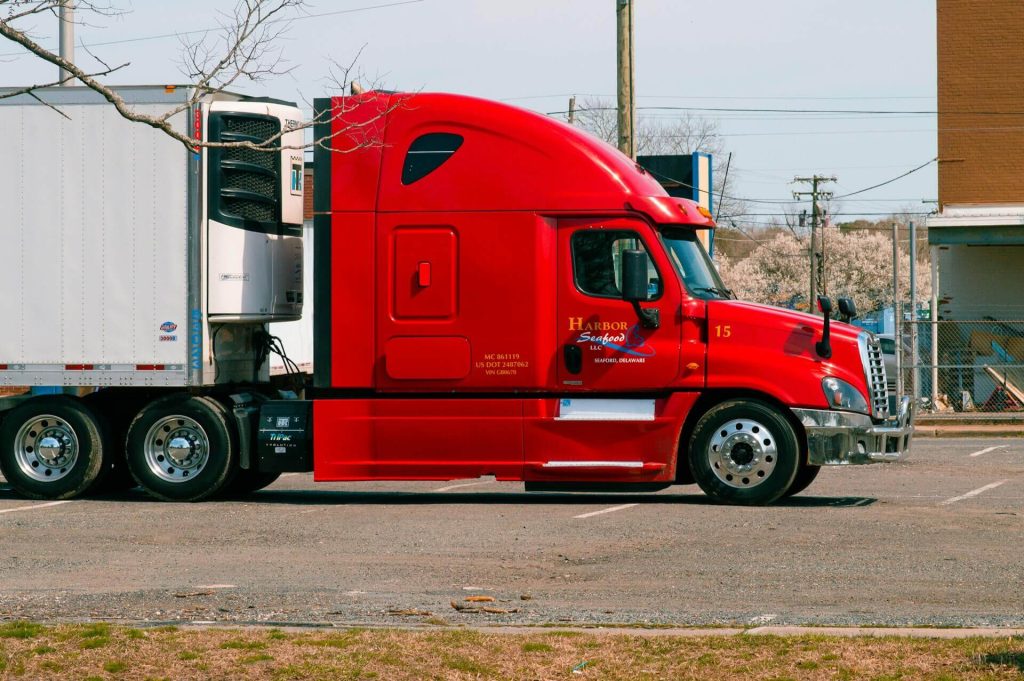
The Federal Highway Administration (FHWA) has initiated steps to conduct its third nationwide survey under Jason’s Law, focusing on truck parking issues across the United States. The move is being seen as a continued effort to address the critical shortages in truck parking, which have been a longstanding concern for truck drivers and fleet operators.
The upcoming survey aims to gather detailed information from various stakeholders who play essential roles in providing and managing truck parking facilities. These stakeholders include state transportation and enforcement officials, port authorities, private facility owners, and truckers themselves.
The goal is to create a comprehensive picture of the current parking infrastructure and identify pressing needs and gaps that could be targeted for future improvements.
Survey Objectives
You would be forgiven for assuming this is a routine check, but it is actually a mandated requirement under the MAP-21 transportation funding enactment, first passed in 2012. The law requires periodic assessments of truck parking facilities nationwide to ensure that there are enough safe, accessible parking spots to meet the industry’s demands.
The FHWA plans to explore the frequency and location of parking shortages, drivers’ perceptions of future truck parking needs, and the availability of parking capacity information. The survey will also examine drivers’ challenges in accessing these facilities and their broader implications for their safety and transportation efficiency.
State Responses
Since the enactment of Jason’s Law, named after Jason Rivenburg – a trucker who tragically lost his life due to inadequate parking – the FHWA has been tasked with shedding further light on the critical issue of truck parking. The initial survey results, released in 2015 before a subsequent report was created in 2020, have both highlighted the relentless problem of inadequate truck parking, which hasn’t seen measurable improvement over the years.
Several states have responded to the earlier findings by taking steps to improve their truck parking facilities, although many in the logistics industry would dismiss the efforts as box-ticking, designed to appease the community.
That said, some states have demonstrated progress. New Jersey and Indiana, for example, are actively working to expand the number of available parking spots, while Georgia has recently passed legislation aimed at developing a long-term freight and logistics plan, which includes increasing truck parking capacity.
Future Directions
Public participation is a crucial component of this survey process, an assertion that is reflected by the FHWA opening a public comment period and inviting all interested parties’ feedback. This feedback will hopefully play an important role in shaping the final survey and ensuring that it accurately reflects the current state of truck parking.
The deadline for comments is set for June 27, 2024.
With the deadline looming, Truck Parking Club encourages drivers and transport managers to share their experiences and insights. Your input is valuable and will not only contribute to the final report but also guide future policy and funding decisions aimed at alleviating the truck parking crisis.
Bottom Line
The outcomes of this survey could lead to significant changes in how truck parking is managed across the nation, potentially easing the burden on truckers and improving the overall flow of goods and services.
Jason’s passing is profoundly tragic, yet it compels us to act. By providing feedback before the June 27th deadline, we can contribute to meaningful changes that can improve truck parking safety in this country.
While the public sector works to evaluate truck parking facilities, the private sector offers immediate solutions in the form of Truck Parking Club.
Truck Parking Club specializes in providing convenient and secure truck parking through a vast national network, helping drivers find and reserve truck parking spaces in real time. For truckers facing the ongoing challenge of finding reliable parking, joining Truck Parking Club could be the key to simpler and stress-free travel.
The information published herein is for general informational purposes only. Truck Parking Club does not make any representations or warranties about the completeness, reliability, legality, and accuracy of this information. Any reliance placed on such material is strictly at the user’s own risk. Truck Parking Club shall not be responsible for any losses or damages incurred in connection with the information published herein.





